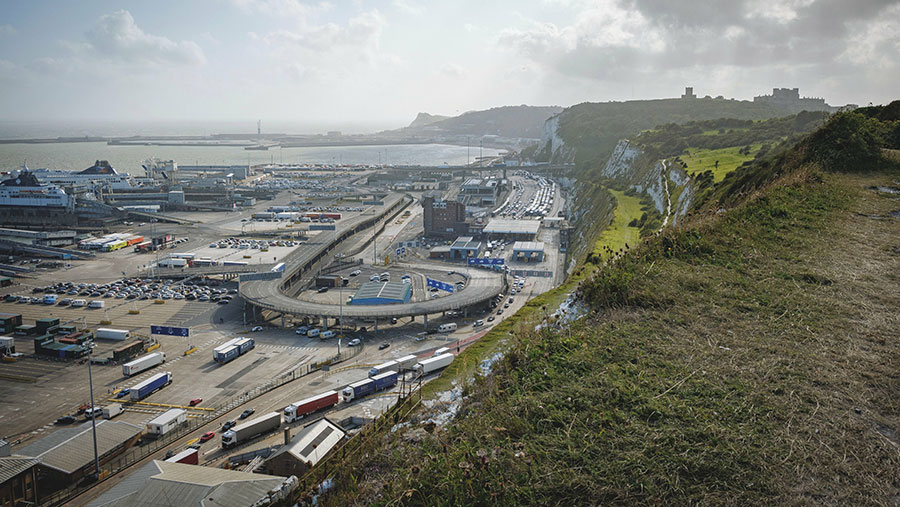‘Outdated’ Defra control systems putting food safety at risk
 © Mathieu/Adobe Stock
© Mathieu/Adobe Stock Food safety in the UK is being put at risk by “outdated, inefficient and expensive” Defra IT systems that are “at constant risk of failure or cyber-attack”, according to a new report.
The damning dossier from the House of Commons Public Accounts Committee (PAC) also warned that the country’s ability to handle an animal disease outbreak is being compromised by ageing technology.
See also: Lack of investment damaging Weybridge animal disease centre
Defra and its related organisations handle about 14m transactions a year that still involve paper forms. This, the committee says, makes them “inefficient and expensive”.
Sir Geoffrey Clifton-Brown, deputy chairman of the committee, said: “Defra’s IT systems are so outmoded and disconnected – where they exist at all instead of paper forms – that in some cases the professionals who keep our food, water and air safe have been forced to buy obsolete equipment just to fill in the forms to fulfil their regulatory responsibilities.
“We are facing down rapidly spreading animal diseases, maybe the next pandemic, with systems that may rely on moving paper forms around. This cannot continue.
“It is time for a complete overhaul at Defra, with a concurrent, proactive digital strategy that matches every step.”
Shortfalls
These concerns are shared by the National Pig Association (NPA), which believes Defra should address the shortfalls of its IT systems to be better placed to respond “quickly and robustly” to control and then eradicate any notifiable disease outbreak in this country.
“The avian influenza outbreaks over the past few years have put Defra and the Animal and Plant Health Agency under continued strain,” said chief policy adviser Rebecca Veale.
“We do question their ability to respond to more than one notifiable disease outbreak at a time given the limited resource they have – an issue the NPA has raised on numerous occasions.
“Our key concern is the risk African swine fever poses to the British herd, given the challenge the disease presents in mainland Europe.”
The digitalisation of the movement licensing process is welcome, but this is a small step and Defra needs more resources to ensure systems are fit for purpose.
Progress
Defra, however, insisted it had made “significant progress” on enhancing and improving the resilience of its technology and digital services, with a wide-ranging investment plan.
“We have already delivered new and improved services to boost flood warnings, farming and countryside schemes, and food imports and exports, developed with the input of end-users and customers,” said a spokesman.
“Defra is a wide-reaching organisation, and we are committed to improving the quality and availability of our digital services and ensuring our systems are secure and resilient.”
To achieve this, it is investing more than £870m in better infrastructure and digital systems during the current spending review, reducing its dependency on “legacy technology” and rolling out new security training.
It estimates that fully transforming its digital systems could save £20m-£25m every year.
